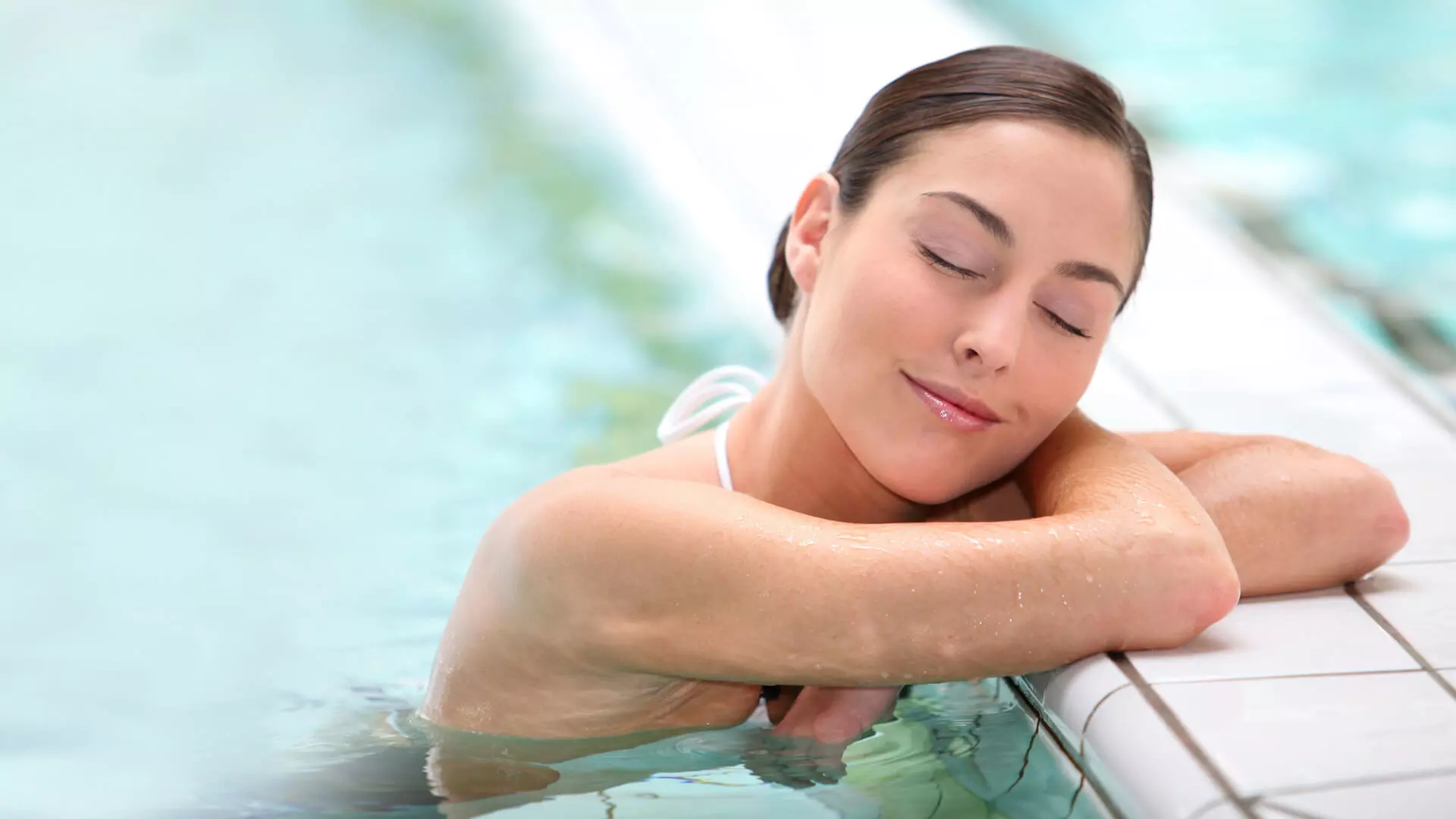
Hydrotherapy is a complex of water procedures that are used in the rehabilitation and treatment of patients with addiction and other psychiatric pathologies. During hydrotherapy, the patient can swim in a pool, stand under a shower, lie in a bath, or do special exercises. In hydrotherapy, both fresh and sea water can be used, various physical procedures and relaxation techniques can be used. Hydrotherapy is widely used in Israeli rehabilitation centers as part of the treatment of a wide variety of psychiatric diseases and disorders.
• Shower treatment. The patient stands in a special cabin, where he is exposed to shower jets, the temperature and power of which are adjusted in accordance with the doctor’s indications. Scottish, circular, needle and other types of shower procedures are used.
• Bath treatment. This can be therapy in a regular bath or therapy in a jacuzzi. It is necessary to understand that the procedures may be different - in some cases the patient is completely immersed in the bath, with the exception of the head, in others only certain parts of the body are immersed in the bath;
• Balneotherapy. The treatment takes place using mineral waters, which can be supplied to baths with different temperature conditions;
• Treatment by dousing. This technique is of a hardening nature; the patient is doused with cold water after warming up or without warming up. This procedure has a positive effect on the protective functions of the immune system;
• Hydrokinesitherapy. This is water gymnastics, during which special devices can be used to reduce the load on the spine and muscles;
• Sauna treatment. The type of sauna is selected for the patient (biosauna, Turkish, Finnish). After staying in the sauna, the patient plunges into cool water or rests.
First, when using hydrotherapy, the cardiovascular system is trained: alternating narrowing and dilating of blood vessels increases the strength. In addition, cold temperatures stimulate the endocrine system.
The use of contrasting baths and showers is also of considerable importance. Increasing blood flow in this way has a beneficial effect on microcirculation, improves metabolism, strengthens the cardiovascular system, and normalizes blood pressure.
Contraindications for hydrotherapy
There are also several contraindications for hydrotherapy. Thus, taking baths, showers and performing other hydrotherapy procedures is prohibited if the patient:
• chronic diseases have worsened;
• there are purulent inflammatory processes;
• there are skin lesions: furunculosis, ulcers and others;
• history of hypertension (especially hypertensive patients should not take a sauna);
• there is thrombophlebitis at any stage;
• the heart muscle is damaged or there are chronic heart diseases.
Hydrotherapy is used very often in rehabilitation programs for the treatment of various psychiatric diseases and disorders. Water treatments (shower, bath, swimming pool) help you relax, relieve stress and anxiety, and take your mind off obsessive thoughts. Hydrokinesitherapy helps patients with chronic pain, cerebral palsy, and hyperactivity. Also in Israel, various relaxation methods are often used using a special pool: a hydrotherapist uses noodles (flexible sticks) to place the patient on the water, immersing his ears under the water. Relaxing music sounds underwater, which the patient listens to with his eyes closed, while the hydrotherapist, using noodles, stretches the patient’s muscles and spine and performs various exercises. After such a hydrotherapy session, the patient feels rested, relaxed, and fresh.